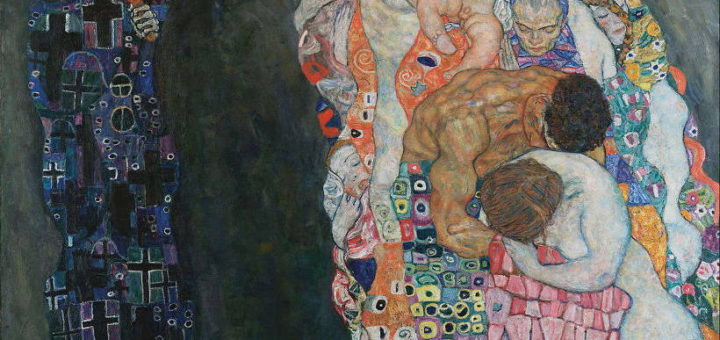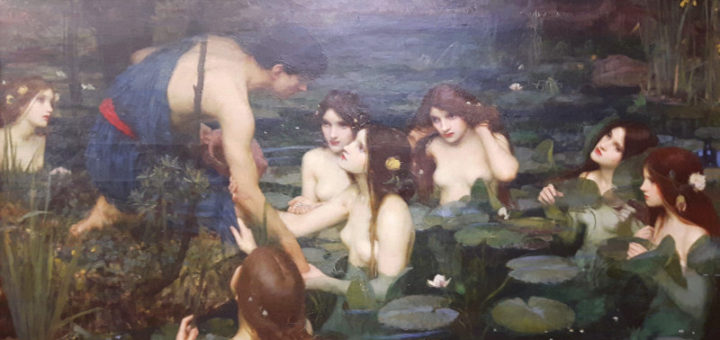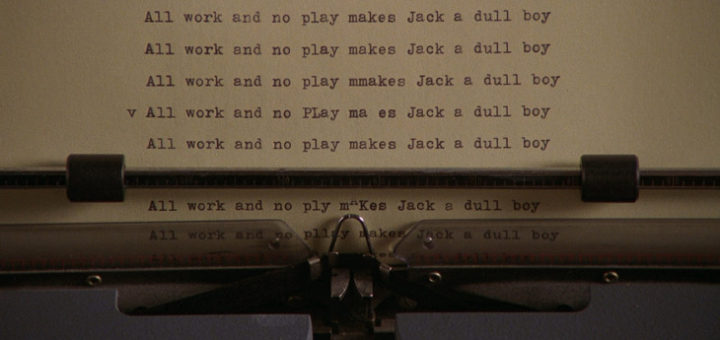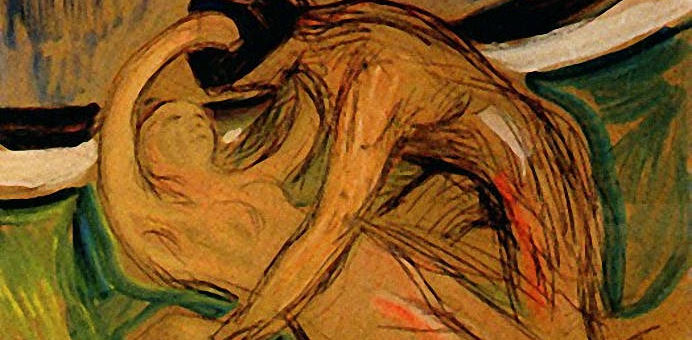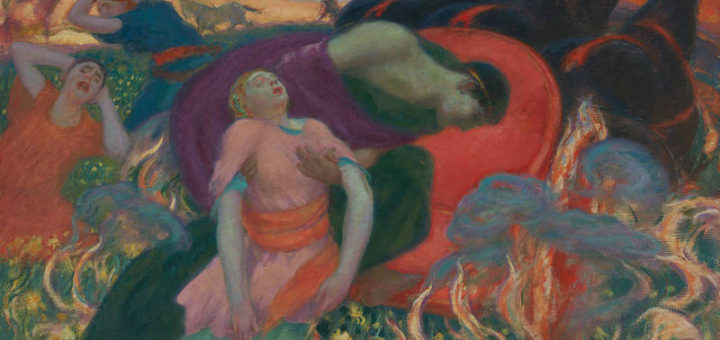How to read dreams: narratological and stylistic analyses of Metamorphoses 4.27
Trapped in the bandit lair, a young woman narrates her dream. How do we read it? How does she intend us to read it? By supplementing my narratological tool-kit with a borrowed stylistic one, I map out the transitivity processes, instances of agency and density of evaluative language involved in the construction of her (dream-)world.

